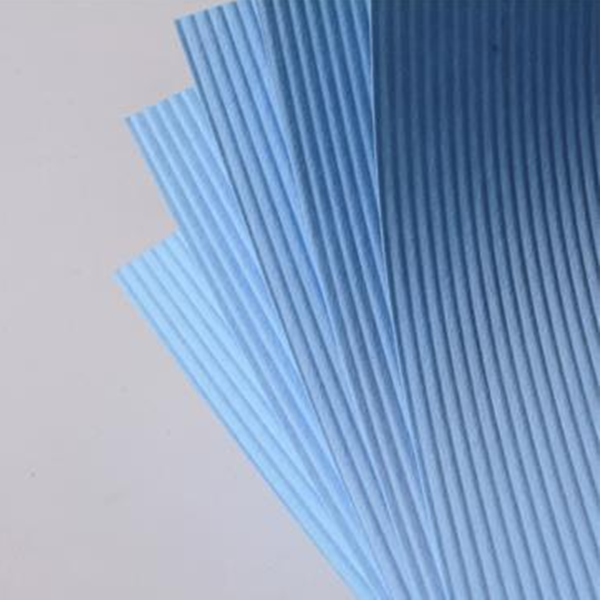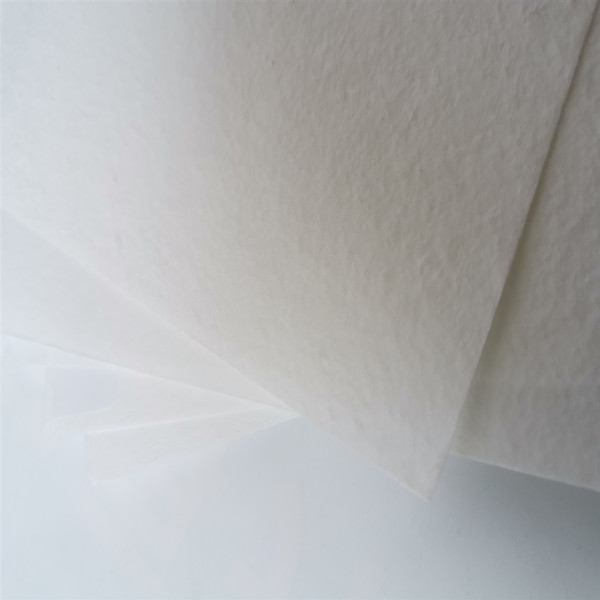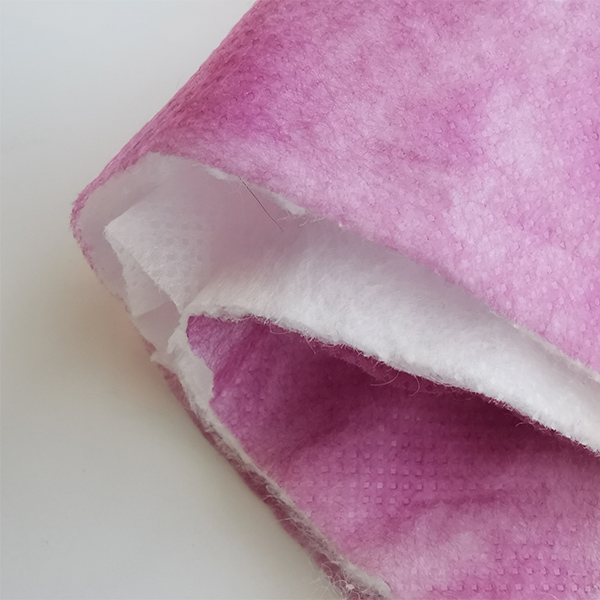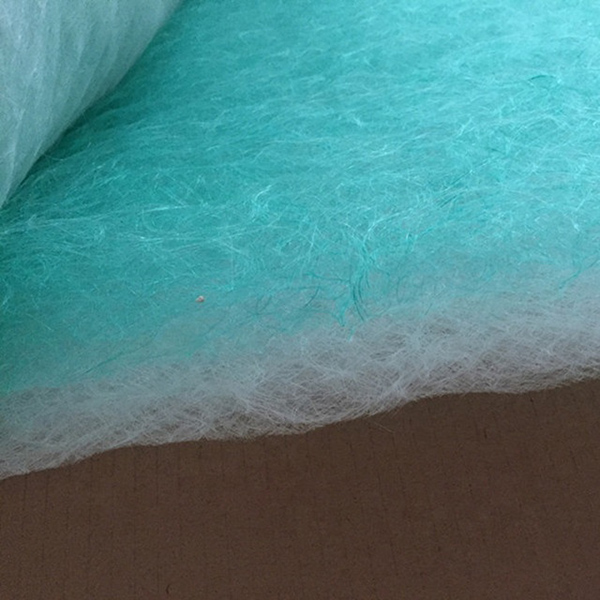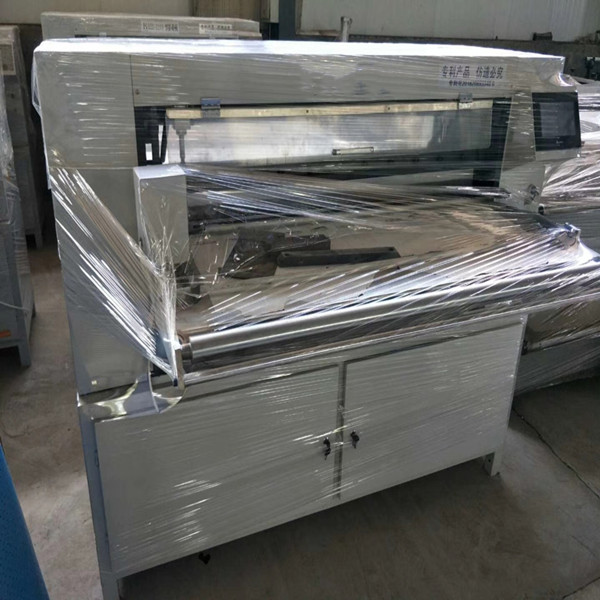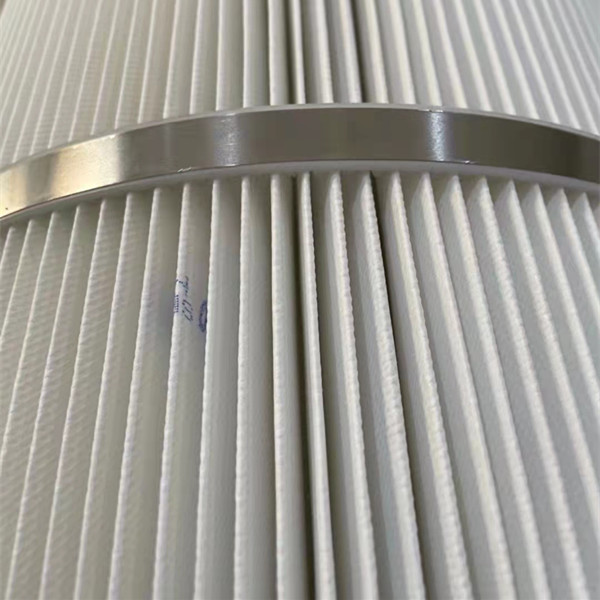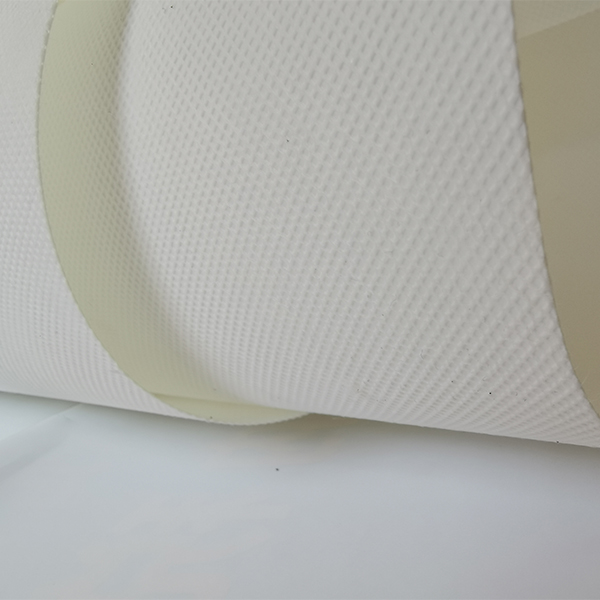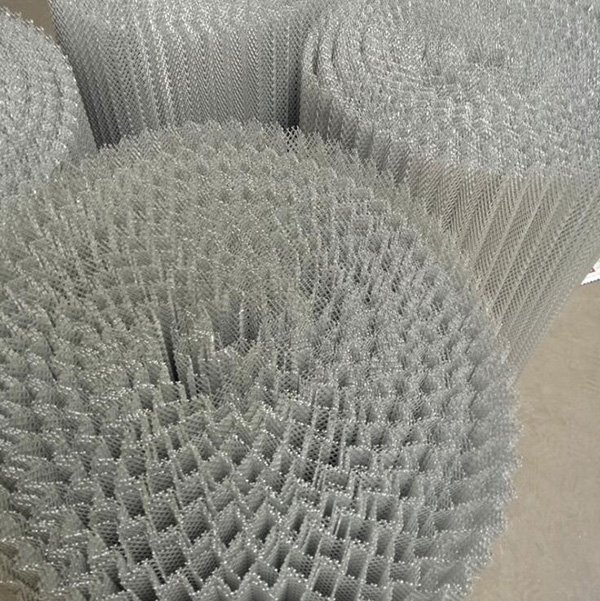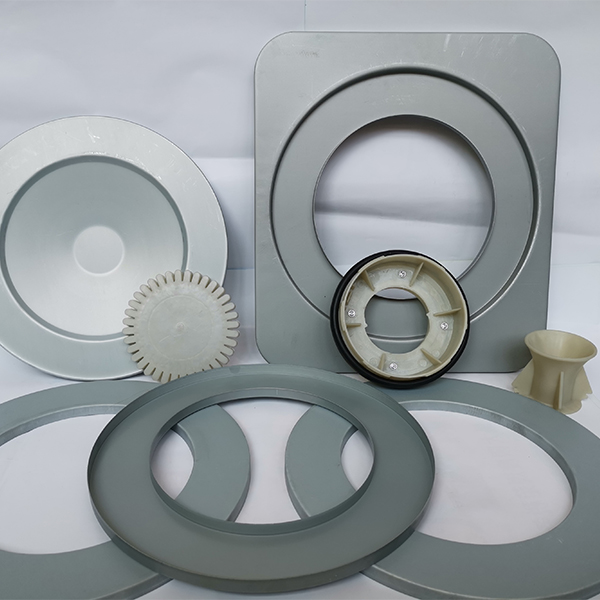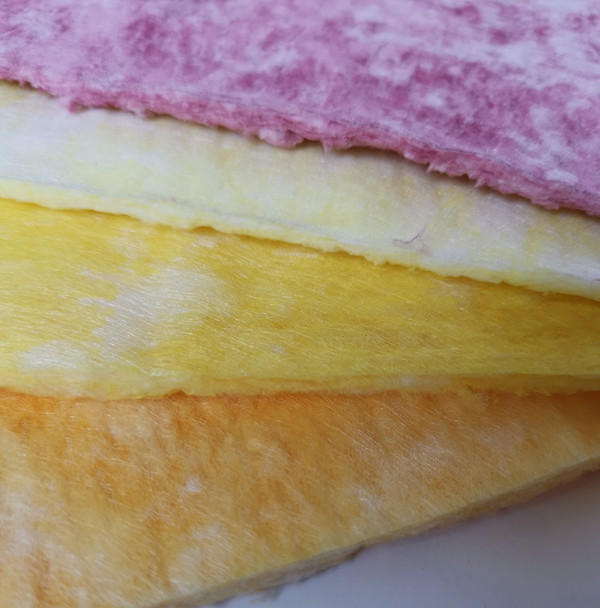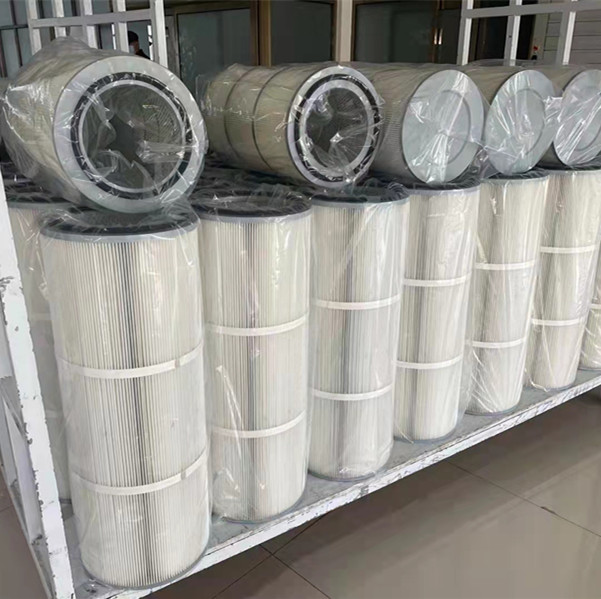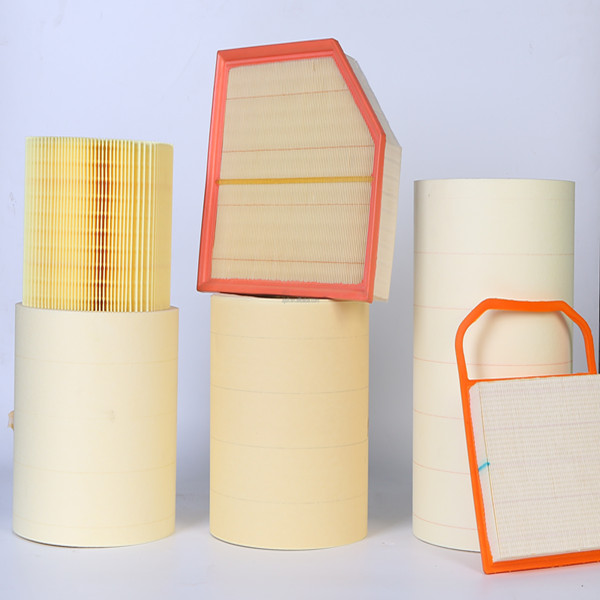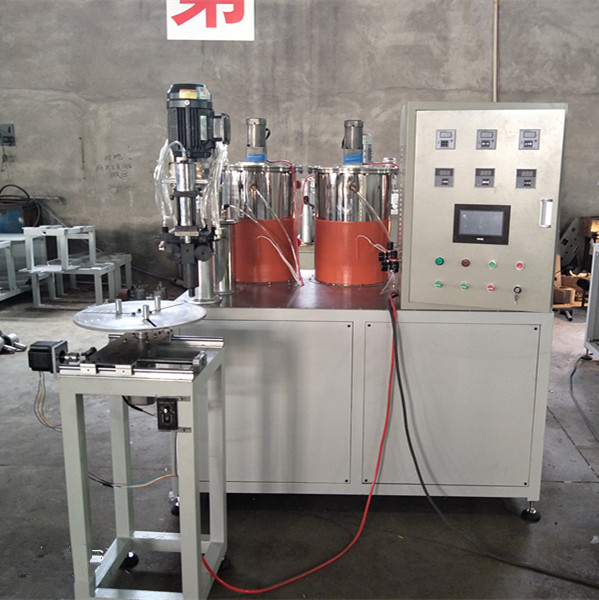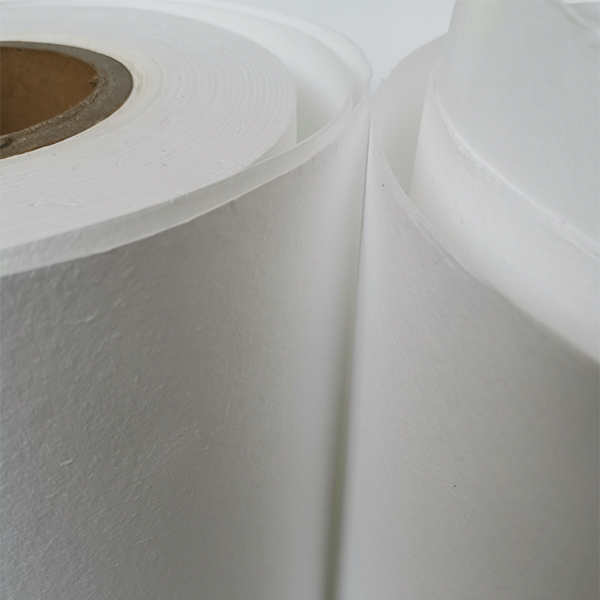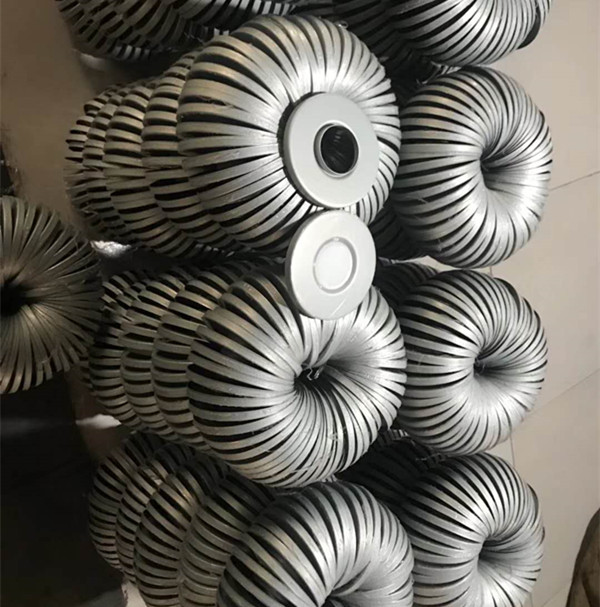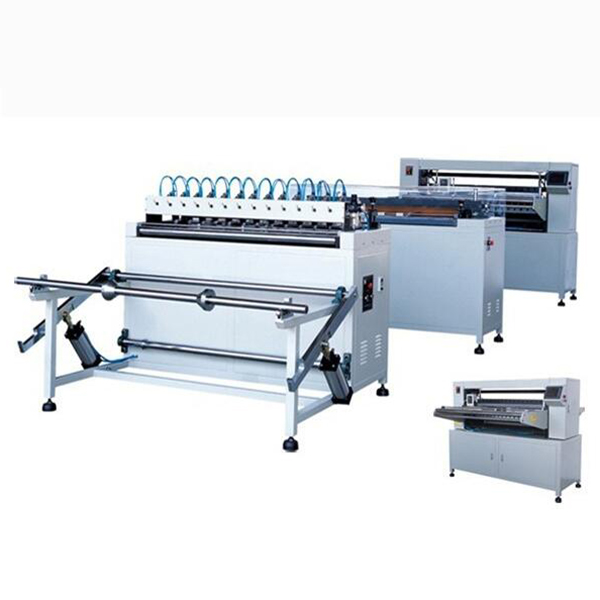HEPA filter paper: what to buy, what to avoid, and why it matters
If you’re scanning the market for hepa filter paper for sale, here’s the quick reality: specs look similar on paper, but real-world performance swings wildly with fiber chemistry, charge stability, and process control. I’ve toured a handful of mills in Asia and Europe; the best lines are boringly consistent—exactly what you want for clean air.
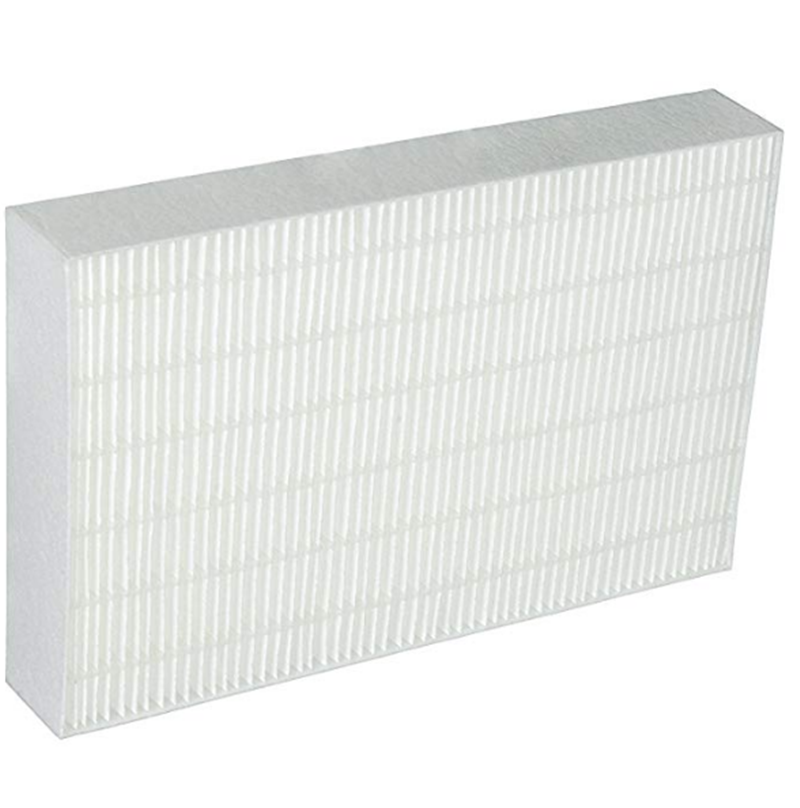
What’s trending
- Shift from purely glass microfiber to hybrid or advanced melt-blown for lower pressure drop.
- Wider adoption of ISO 29463/EN 1822 scanning vs. legacy fractional tests.
- More requests for anti-microbial coatings (useful sometimes, but test for added pressure drop).
- Supply chain realism: buyers want local stock—and predictable lead times—over “lab unicorn” specs.
Quick specs (media-level, typical ranges)
| Parameter | Typical Range | Notes |
|---|---|---|
| Efficiency class | H13–H14 (≈99.95–99.995% @ MPPS) | ISO 29463/EN 1822 tested; MPPS around 0.1–0.3 μm |
| Basis weight | 55–120 g/m² | Varies by efficiency and pressure-drop target |
| Thickness | 0.3–0.9 mm | Calendered or uncalendered |
| Initial ΔP (media) | 80–180 Pa (≈5.3 cm/s) | Real-world use may vary with pleat geometry |
| Media options | Glass microfiber / melt-blown PP | With or without electret charge |
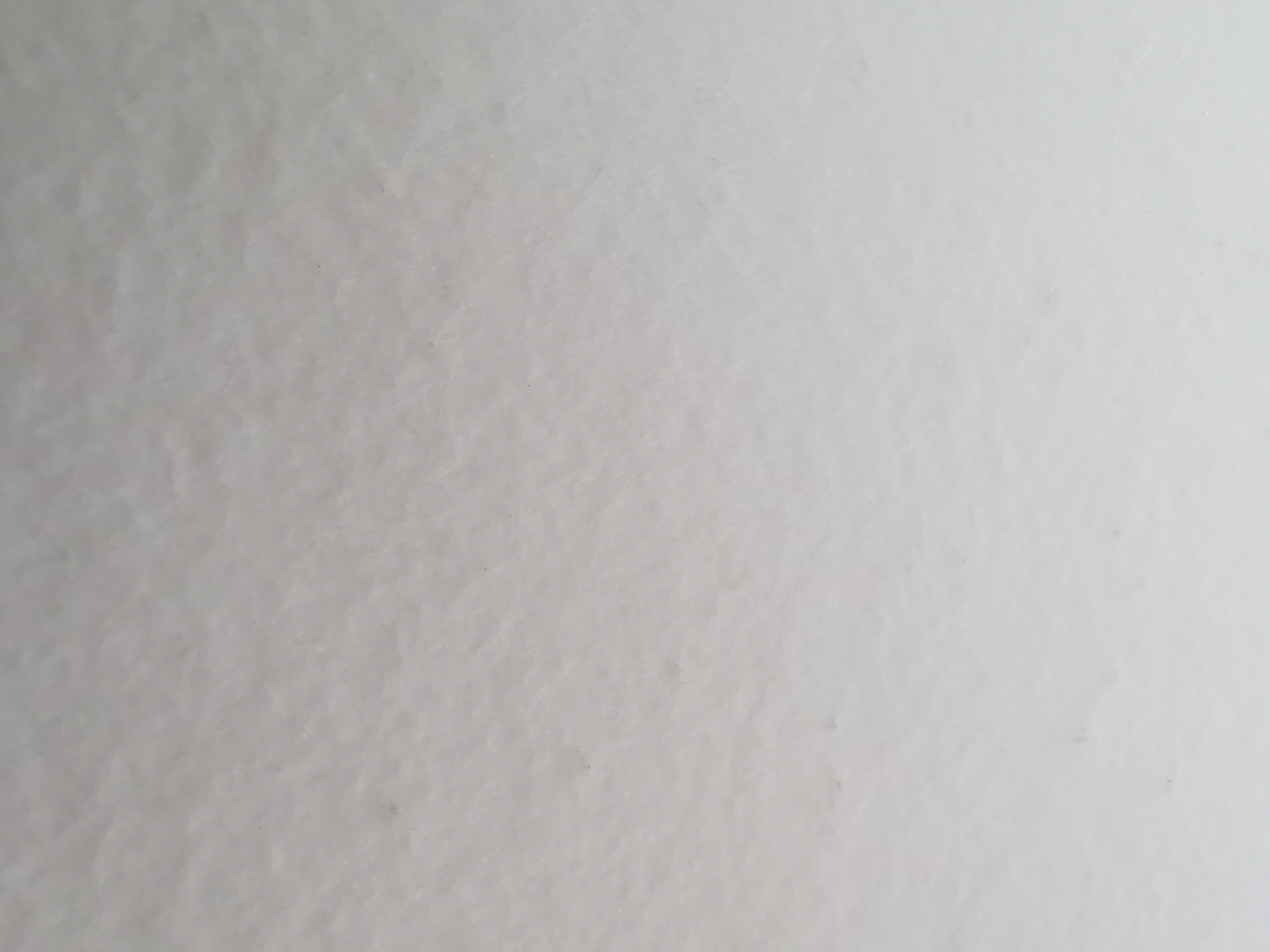
How it’s made (short version)
- Materials: high-purity glass microfibers or melt-blown PP; resin binders; optional PTFE nano-layer.
- Forming: wet-laid (glass) or melt-blown (PP), then calendering for uniform thickness.
- Curing & pleatability tuning: binder crosslinking to hit stiffness targets.
- Testing: ISO 29463/EN 1822 MPPS efficiency, local leak scans; Gurley/HF pressure-drop; tensile/burst.
- Conversion: slit-to-width rolls; packaging to prevent moisture and edge damage.
Service life? In the field, 6–24 months is common (heavy industrial can be shorter). Always size by face velocity and dust load, not just by class.
Where it’s used
Cleanrooms (ISO 5–8), hospital HVAC, pharmaceutical filling lines, paint booths, air purifiers, vacuum cleaners, and even cabin air. Many customers say the biggest surprise is energy savings when you pair low-ΔP media with smart pleat design.
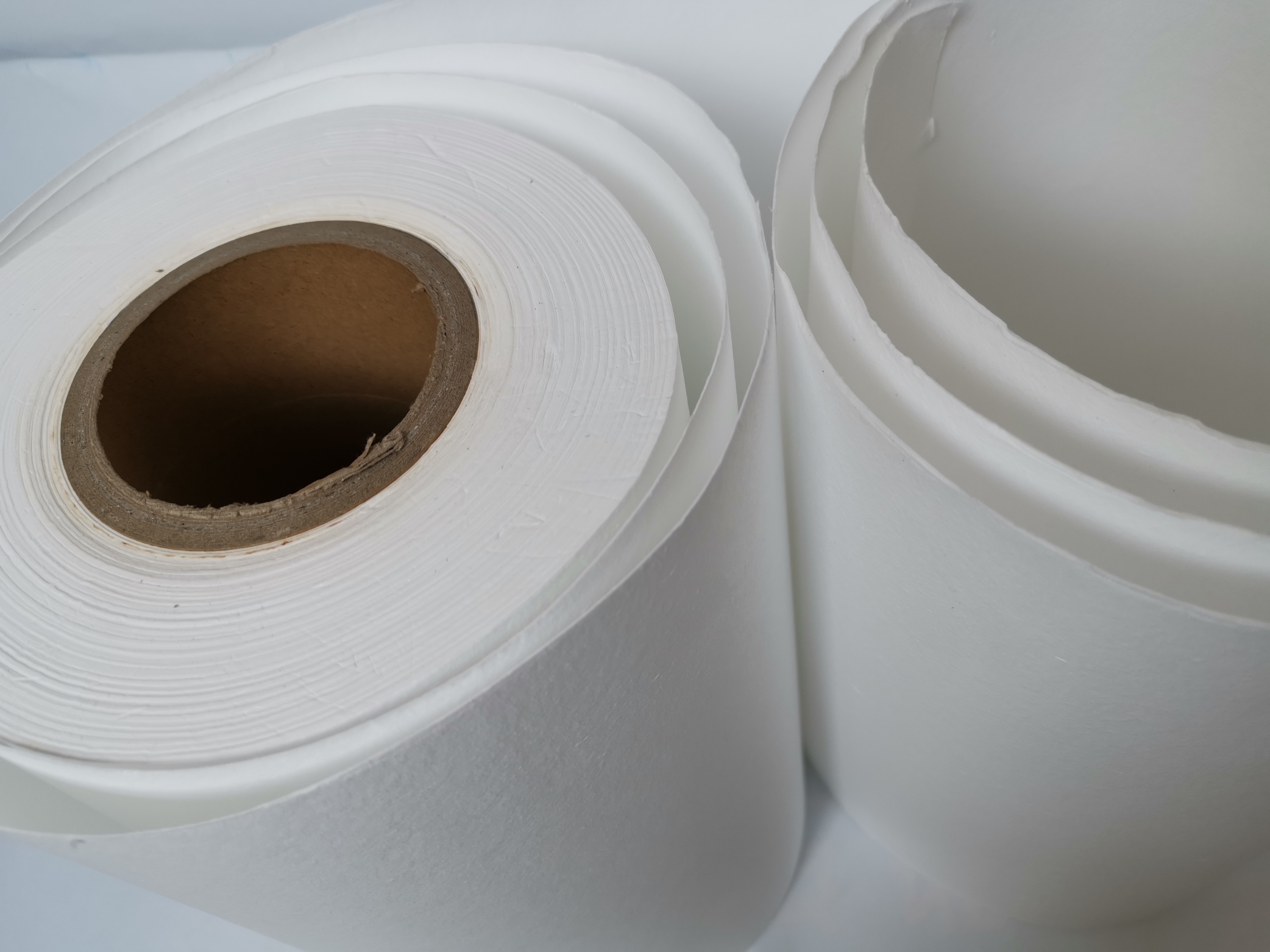
Vendor snapshot (real-world buying factors)
| Vendor | Media type | Certs | MOQ | Lead time | Notes |
|---|---|---|---|---|---|
| Anya Filter Media (No.580 Gongnong Rd., Shijiazhuang, Hebei, China) | Glass & melt-blown | ISO 9001; EN 1822/ISO 29463 testing | ≈300–600 m² | ≈7–20 days | Direct mill pricing; custom widths |
| US OEM (regional stockist) | Glass | ISO 9001; IEST methods | ≈100–200 m² | Stock–14 days | Higher price, faster ship |
| EU Brand Converter | Melt-blown + nano | ISO 9001; REACH/RoHS | ≈200–400 m² | 10–25 days | Tight thickness tolerance |
Customization that actually helps
- Efficiency targets: H13–U15, with scan-test reports.
- Widths: slit to 20–1200 mm; core sizes per your machine.
- Surface options: hydrophobic, PTFE nano-layer, anti-microbial (validated as needed).
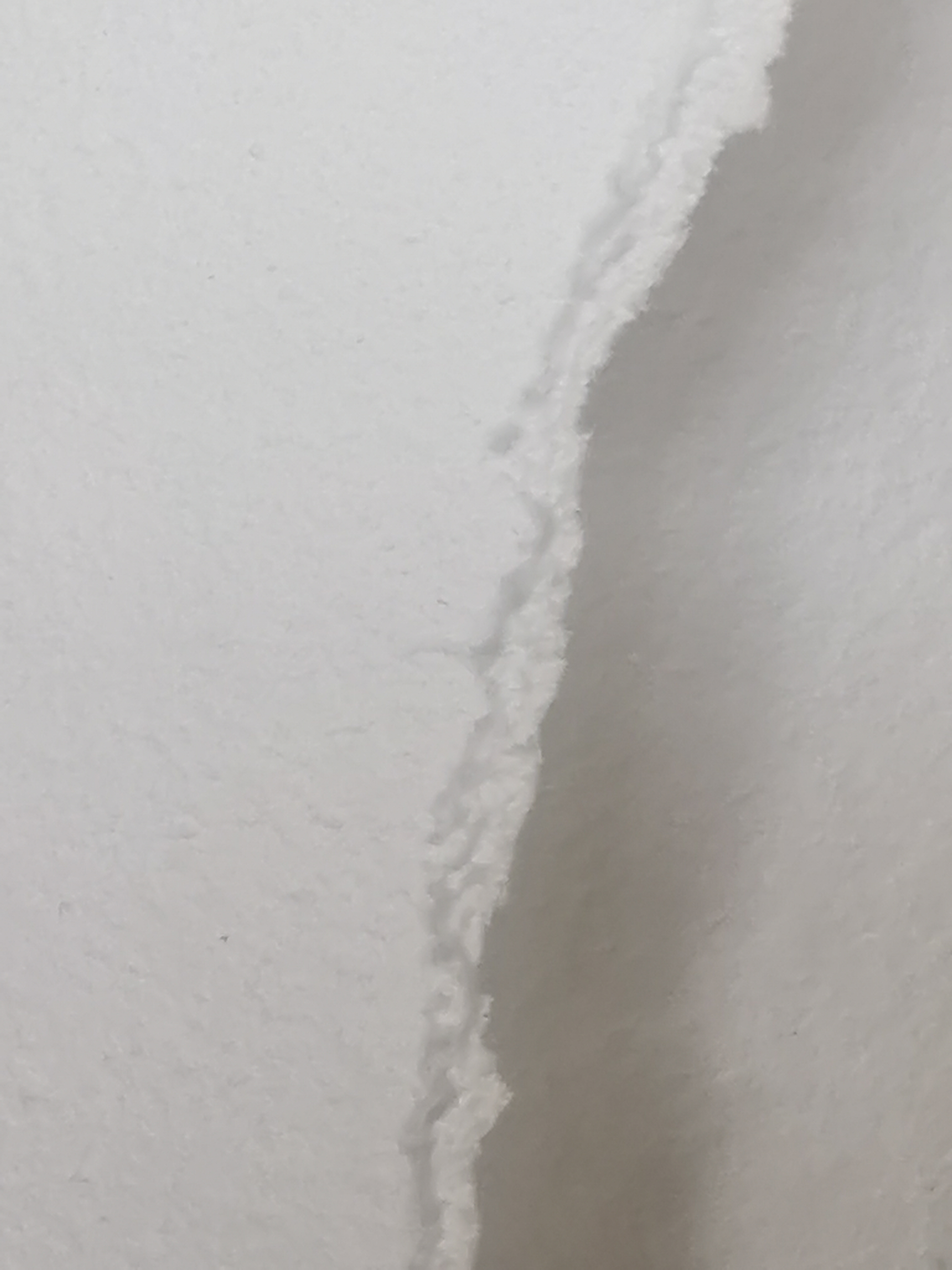
Mini case notes
Pharma fill line, H14 upgrade: swapping to lower-ΔP media cut fan energy ≈12% while maintaining ≥99.995% @ MPPS (EN 1822 scan). Downtime dropped because pleats loaded more evenly.
Hospital ICU retrofit: H13 media with tighter QC reduced downstream 0.3 μm counts by ≈58% vs. legacy lots; staff noticed quieter operation (lower fan speed). Anecdotal, but consistent with logs.
Looking for reliable hepa filter paper for sale? Verify MPPS efficiency, pressure-drop at your face velocity, and ask for lot-level scan data. Then, and only then, talk price.
Authoritative references
- EN 1822-1:2019, High efficiency air filters (EPA, HEPA and ULPA) – Classification, performance testing and marking.
- ISO 29463 (Parts 1–5), High-efficiency filters and filter media for removing particles in air.
- IEST-RP-CC001, HEPA and ULPA Filters, Institute of Environmental Sciences and Technology.
- ASHRAE Position Document on Filtration and Air Cleaning, 2022.
Post time: Oct-05-2025


